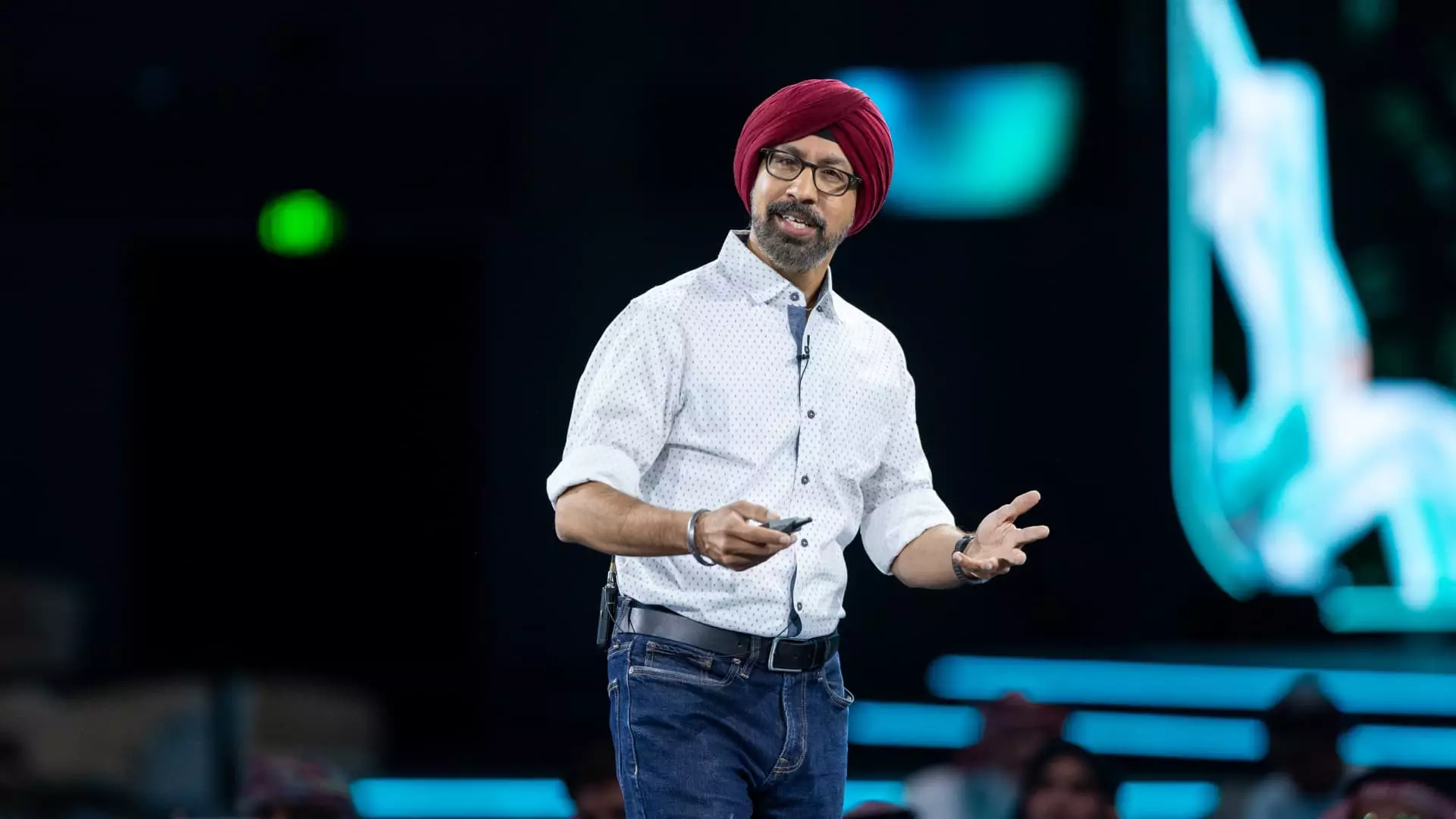In a significant leap for health-tech, Suki, an artificial intelligence startup focused on improving healthcare processes, has embarked on a new collaboration with Google Cloud. This partnership marks a pivotal shift in Suki’s mission to evolve beyond its initial focus on clinical documentation. With the embedding of Google Cloud’s Vertex AI platform into Suki’s existing technologies, the startup aims to enhance patient care by offering new features such as patient summaries and a Q&A tool.
Suki’s flagship product, the Suki Assistant, has garnered attention for alleviating the burdens of healthcare documentation. It does so by enabling physicians to record patient interactions seamlessly, converting these conversations into comprehensive clinical notes without the labor-intensive writing process. With the introduction of new functionalities powered by Google Cloud, Suki is poised to transform how healthcare providers interact with patient information.
Founder and CEO Punit Soni emphasized the company’s vision of creating an all-encompassing assistant rather than merely a documentation tool. He expressed the potential of Suki’s technology to evolve further: “An assistant can help you with documentation, but it can also start doing other things.” This statement captures the essence of Suki’s forward-thinking approach, focusing on optimizing clinical workflows to ultimately enhance patient outcomes.
The upcoming summarization feature aims to equip healthcare professionals with instant access to critical patient details. By enabling clinicians to view essential biographical information, visit history, and presenting issues at the click of a button, Suki significantly reduces the time doctors spend on administrative tasks. As highlighted by Soni, this could save clinicians an estimated 15 to 30 minutes per patient visit, time that could be better spent on direct patient care.
With Suki’s Q&A feature, clinicians will be able to query specifics about a patient’s medical history and receive instant, data-backed responses. By entering prompts such as, “Show me his A1C over the last three months,” healthcare professionals can quickly gather relevant information. This functionality not only streamlines the process of obtaining medical data but also embeds a broader application of AI in clinical settings, suggesting an intelligent progression in how patient care information is navigated.
The integration of these new features comes at a crucial time for Suki, which currently serves 350 health systems and clinics across the United States and has impressively tripled its client base within the year. As healthcare continues to juggle the complexities of administrative workload and the pressing issue of clinician burnout, Suki’s advancements position it as a competitive player in the market.
The company’s refusal to impose additional costs to clients for these new AI features illustrates a commitment to making healthcare more accessible. As Soni remarked, this aligns with the larger trend of “AI-ification” within healthcare, suggesting that Suki is not just a participant but a pioneer in a process that could reshape the future of medical practice.
As Suki gears up for a general rollout of its new features early next year, the startup’s trajectory raises intriguing questions about how AI can further penetrate healthcare. The potential for these tools to evolve into more comprehensive solutions is vast, offering opportunities for enhancing not just documentation but also diagnostic and therapeutic processes altogether.
The collaboration with Google Cloud underscores a broader trend in the healthcare sector: technology that actively seeks to alleviate strains on healthcare providers while concurrently improving patient experiences. As these AI capabilities expand, we can expect a marked improvement in operational efficiencies, ultimately leading to what many hope will be a revolution in healthcare delivery.
Suki’s latest advancements in partnership with Google Cloud exemplify a promising future where AI technologies not only support administrative tasks but also enhance the quality of care delivered. This move highlights an essential commitment to mitigating burnout among healthcare professionals and elevating patient care to unprecedented levels. The road ahead for Suki and the healthcare industry as a whole is filled with potential yet requires careful evaluation and adaptation to truly tap into the transformational benefits of AI.

